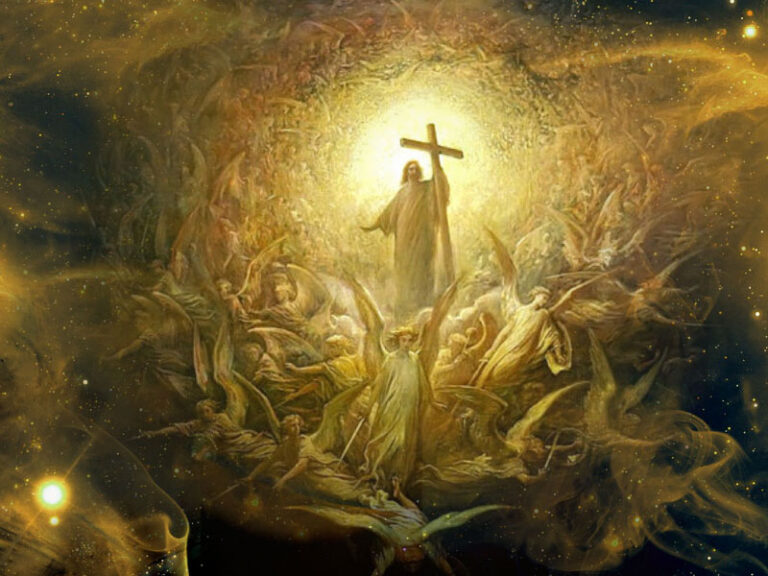The Paradox of Religion: Hypocrisy, Human Life, and War
Introduction
Religion, often revered as a source of moral guidance and compassion, paradoxically harbors a darker side—one that intersects with the value of human life and fuels conflicts. As we delve into this complex topic, we’ll explore the hypocrisy inherent in religious contexts, its impact on war, and the implications for our world.
The Hypocrisy Dilemma
Religious institutions and their adherents grapple with a tension: the gap between professed values and actual behavior. Here are key aspects of this dilemma:
- Selective Compassion: While religious teachings emphasize love, empathy, and the sanctity of life, history reveals instances where these principles were conveniently set aside during wars and conflicts.
- Justifying Violence: Paradoxically, religion has been invoked to justify violence—from the Crusades to modern-day conflicts. The same scriptures that preach peace have been weaponized to endorse war.
- Identity and Ideology: Samuel Huntington’s “Clash of Civilizations” theory highlights religion as both an immutable identity and an ideological force. This duality can lead to conflict when religious fervor overrides compassion.
Religious Conflicts and Intensity
- Religious conflicts tend to be more intense and prolonged. Over half of contemporary conflicts have a significant religious dimension1.
- When religious leaders emerge as authority figures during state failures, their influence can exacerbate tensions.
War, Culture, and Religion
- Religion shapes combatants’ mobilization, preparation, and strategic decision-making. It regulates how wars are fought, impacting unit organization and tactics2.
- The Manichean perception of ‘us’ versus ‘them’—often fueled by religious identity—fuels conflict3.
Implications for Our World
- Critical Reflection: We must confront religious hypocrisy honestly. Acknowledge the gap between ideals and actions.
- Peacebuilding: Engage religious leaders in promoting peace. Use diplomacy to leverage cultural and religious understanding.
- Research Challenges: Investigate the ever-changing aspects of religion, its prominence in conflict, and hidden assumptions.
Call to Action
Let’s bridge the gap between religious teachings and real-world behavior. Advocate for compassion, dialogue, and peace. Together, we can transform religious paradoxes into pathways for positive change.
Connect with me on LinkedIn: Your Name
References:
- Culture, Religion, War, and Peace
- War and Religion: An Overview
- The Myth of the Secular: Religion, War, and Politics






